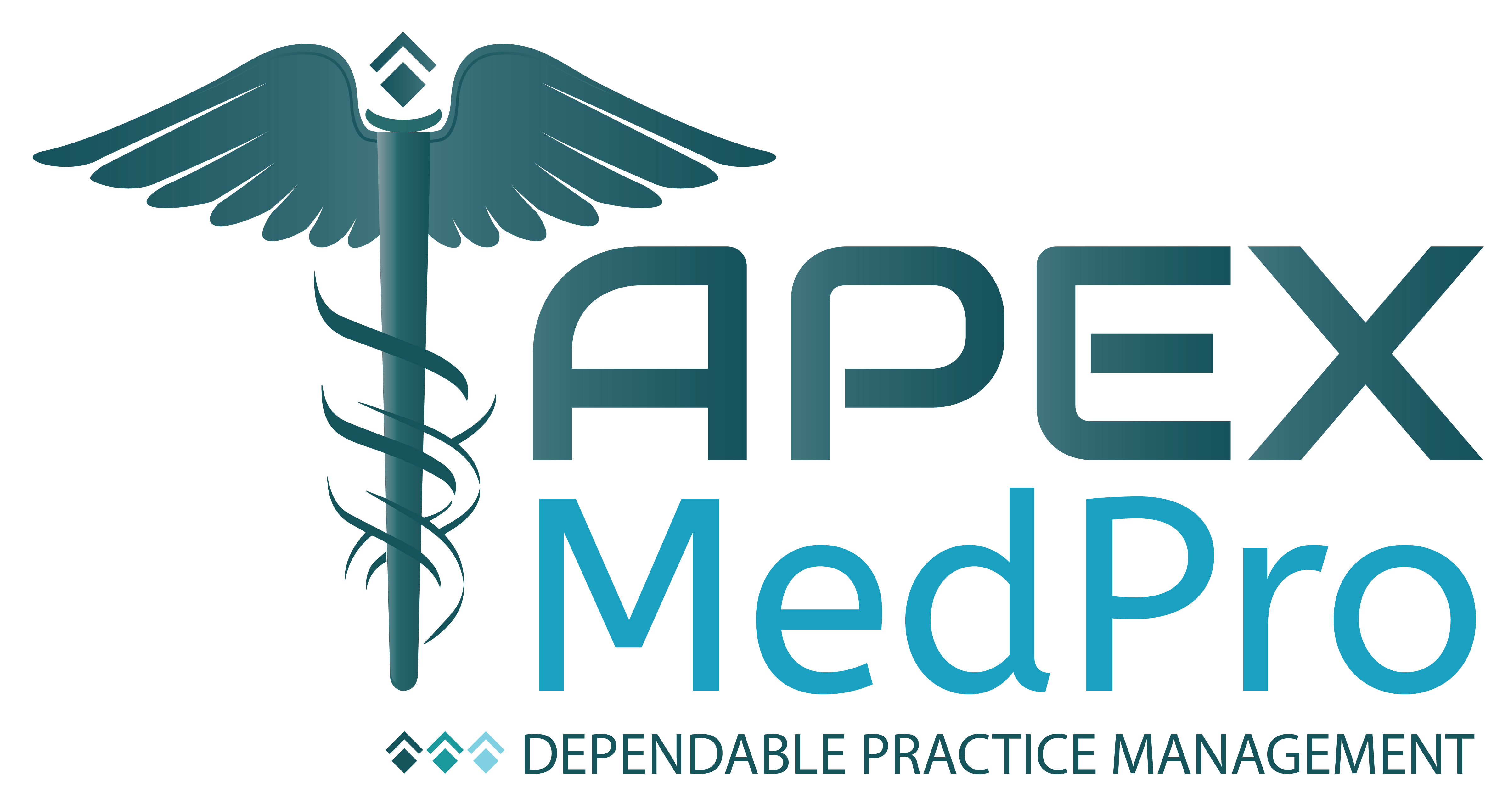Introduction
medical billing appeals play a vital role in ensuring fair reimbursement for healthcare services provided by healthcare providers. Insurance claim denials and underpayments are common, but by utilizing effective strategies for medical billing appeals, healthcare professionals can increase their chances of successfully challenging these decisions. In this blog post, we will explore various strategies that can help you navigate the appeals process and maximize your revenue.
Understand the Appeal Process
Before diving into the strategies, it’s crucial to have a clear understanding of the appeal process. Familiarize yourself with the specific guidelines and requirements set forth by insurance companies and government payers. Each payer may have its own unique procedures, deadlines, and documentation requirements. Be sure to gather all necessary information and documentation related to the claim in question.
Review the Denial or Underpayment Reason
Thoroughly analyze the reason provided for denial or underpayment. It could be due to various factors such as coding errors, lack of medical necessity, incorrect modifiers, or missing documentation. Identifying the specific cause will help you tailor your appeal accordingly.
Conduct a Detailed Documentation Review
Strong supporting documentation is crucial when mounting a successful appeal. Review the medical records, billing codes, and any additional documentation provided for the claim. Ensure that the documentation accurately reflects the services provided, justifies the medical necessity, and complies with the payer’s guidelines. If any gaps or deficiencies are identified, work with the healthcare provider to supplement the documentation appropriately.
Know the Payer’s Policies and Guidelines
Become familiar with the payer’s policies, coverage determinations, and medical necessity guidelines. These are typically available on the payer’s website or through their provider portals. Understanding the payer’s criteria for coverage and reimbursement will enable you to frame your appeal arguments effectively.
Develop a Clear and Persuasive Appeal Letter
Crafting a well-written appeal letter is crucial to effectively communicate your case. The appeal letter should be concise, yet comprehensive, clearly addressing the reasons for denial and providing supporting evidence to counter those reasons. Include relevant medical records, clinical guidelines, and any other pertinent documentation to strengthen your argument.
Utilize Coding Expertise
Consult coding experts or certified professional coders to ensure accurate coding and documentation. They can help identify any coding errors or inconsistencies that may have contributed to the denial or underpayment. Correcting these errors will strengthen your appeal and increase the chances of a favourable outcome.
Provide Evidence-Based Medical Necessity
If the denial is based on a lack of medical necessity, provide evidence-based documentation to support the services rendered. Include clinical guidelines, relevant research studies, and expert opinions to demonstrate the appropriateness of the treatment or procedure.
Follow the Appeal Timeline
Adhere to the appeal submission timeline specified by the payer. Missing deadlines can result in an automatic denial, rendering further appeal efforts futile. Ensure that your appeal is submitted within the specified timeframe to maintain your eligibility for reconsideration.
Keep Detailed Records
Maintain meticulous records of all communications, including phone calls, emails, and letters exchanged during the appeals process. Document the date, time, and the name of the person you spoke to, along with a summary of the discussion. These records will be invaluable if you need to escalate the appeal or seek legal assistance.
Consider External Resources
If your initial appeal is unsuccessful, consider seeking assistance from external resources. This could involve involving a medical billing advocate, a professional billing company, or legal counsel experienced in healthcare reimbursement. These resources can provide valuable guidance and support, increasing your chances of a successful appeal.
Conclusion
Successfully appealing medical billing denials or underpayments requires a strategic approach and a thorough understanding of the process. By implementing the strategies outlined in this guide, healthcare

